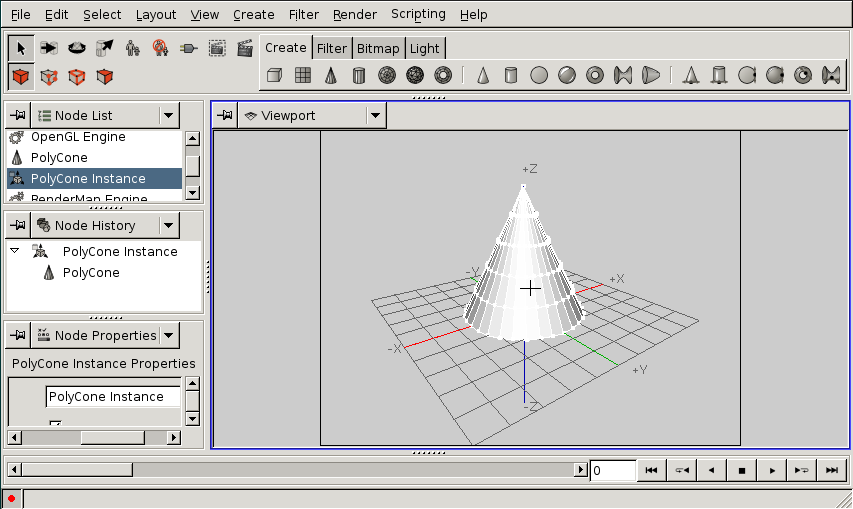
execute some commands like kubectl get pods -all-namespaces.
#K 3d tutorial pdf update
k3d kubeconfig merge CLUSTER_NAME -kubeconfig-switch-context to update your default kubeconfig and switch the current-context to the new one.k3d cluster create CLUSTER_NAME to create a new single-node cluster (= 1 container running k3s + 1 loadbalancer container).make build-cross to build for all systemsĬheck out what you can do via k3d help or check the docs k3d.ioĮxample Workflow: Create a new cluster and use it with kubectl.
#K 3d tutorial pdf install

'make install-tools' to make sure required go packages are installed.via git clone or go get Inside the repo run package source can be found in erwinkersten/chocolatey-packages.Use Chocolatey: choco install k3d (Chocolatey package manager is available for Windows) Install via go: go install ( Note: this will give you unreleased/bleeding-edge changes) Grab a release from the release tab and install it yourself. Install via AUR package rancher-k3d-bin: yay -S rancher-k3d-bin Install via MacPorts: sudo port selfupdate & sudo port install k3d (MacPorts is available for MacOS) Formula can be found in homebrew/homebrew-core and is mirrored to homebrew/linuxbrew-core.Use Homebrew: brew install k3d (Homebrew is available for MacOS and Linux) Use the install script to grab a specific release (via TAG environment variable):

Use the install script to grab the latest release:

k3d demo repository: iwilltry42/k3d-demo.Rancher Meetup - May 2020 - Simplifying Your Cloud-Native Development Workflow With K3s, K3c and K3d (YouTube).Sponsoring: To spend any significant amount of time improving k3d, we rely on sponsorships: Note: k3d is a community-driven project but it's not an official Rancher (SUSE) product. This means, that you can spin up a multi-node k3s cluster on a single machine using docker. K3s is the lightweight Kubernetes distribution by Rancher: k3s-io/k3s


 0 kommentar(er)
0 kommentar(er)
